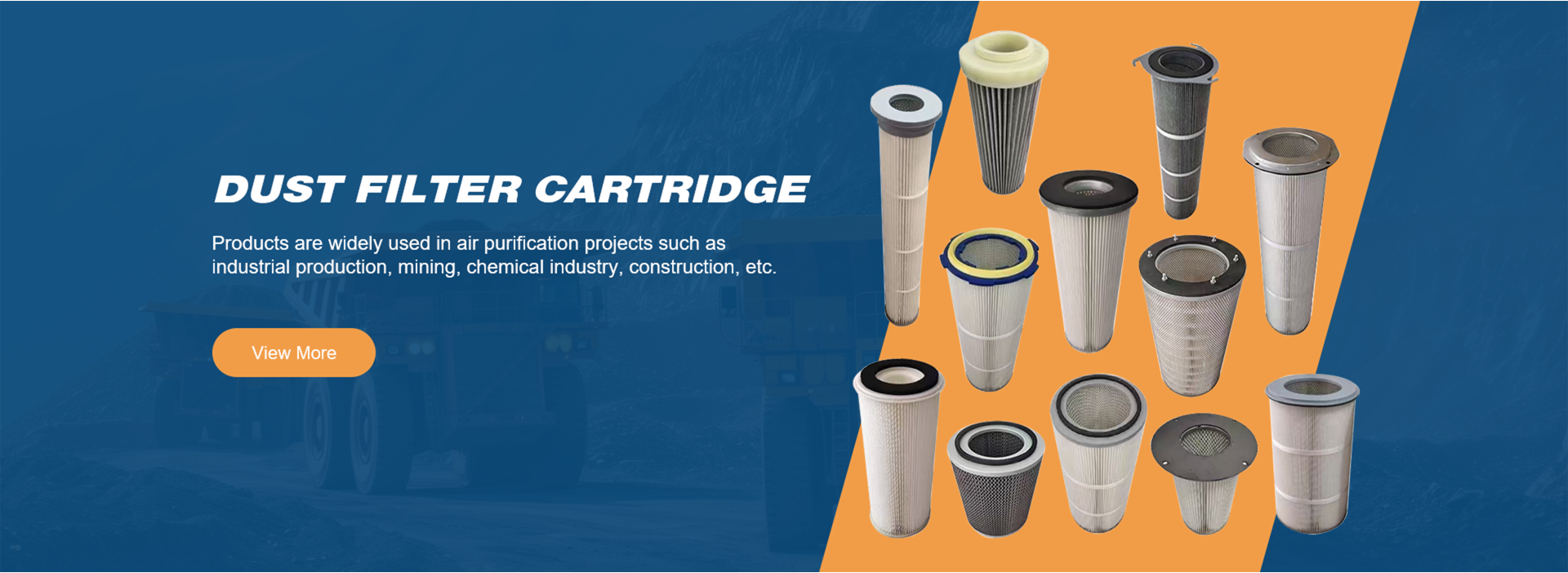 Tel:
+8615930870079
Tel:
+8615930870079
Aug . 16, 2024 15:50 Back to list
Understanding HEPA Cartridge Filters for Improved Air Quality and Health Benefits
Understanding HEPA Cartridge Filters
In today's world, the importance of air quality cannot be overstated. As people become more aware of the health effects of air pollution, the demand for efficient air filtration systems has increased. One of the most effective solutions available in the market is the HEPA (High-Efficiency Particulate Air) cartridge filter. This article explores the workings, benefits, and applications of HEPA cartridge filters.
What is a HEPA Cartridge Filter?
A HEPA cartridge filter is a specialized type of air filter that is designed to trap a significant amount of particles from the air that passes through it. By definition, a true HEPA filter must remove at least 99.97% of particles that are 0.3 microns in size. These particles can include dust, pollen, smoke, and pet dander, among others. The design of HEPA filters usually involves a dense mat of fine glass fibers that work to capture airborne contaminants effectively.
How Does it Work?
The effectiveness of a HEPA filter lies in its structure and the physics behind air filtration. When air flows through the filter, particles are trapped through various mechanisms 1. Interception Particles that are close to the fiber get stuck on the surface when the air flows around them. 2. Inertia Larger particles continue on their path and collide with the fibers, getting trapped due to their momentum. 3. Diffusion Smaller particles behave erratically (Brownian motion) and collide with fibers, leading to a higher likelihood of being captured.
These processes work together, making HEPA cartridge filters exceptionally efficient at cleaning the air
.hepa cartridge filter

Benefits of HEPA Cartridge Filters
1. Improved Air Quality The ability of HEPA filters to capture a high percentage of airborne particles significantly improves indoor air quality, which can reduce allergy and asthma symptoms for many individuals. 2. Versatility HEPA cartridge filters are used in various applications, including home air purifiers, vacuum cleaners, HVAC systems, and even in medical environments such as hospitals to provide clean air. 3. Long Lifespan These filters typically have a long operational life. Although they need periodic replacement, many HEPA filters can last for several months to years, depending on usage and the amount of contaminants in the air. 4. Energy Efficiency Advanced HEPA filters are designed to allow for a good airflow while filtering out contaminants. This means that they do not put undue strain on HVAC systems, ultimately leading to energy savings.
Applications
HEPA cartridge filters find applications across various sectors - Residential In homes, HEPA filters are commonly found in air purifiers and HVAC systems. They are essential for individuals with allergies and respiratory conditions. - Commercial In offices and public buildings, HEPA filters maintain a healthier environment for employees and visitors. - Medical In healthcare settings, HEPA filters are used in operating rooms and patient wards to prevent airborne infections. - Industrial HEPA filters are crucial in laboratories and manufacturing processes where air quality is vital.
Conclusion
HEPA cartridge filters play a critical role in ensuring that the air we breathe is clean and safe. Their advanced filtration capabilities make them an essential component for various applications, from home use to industrial settings. As air quality becomes an increasingly important issue worldwide, the reliance on HEPA filters is likely to grow, making it essential for consumers and industry professionals alike to understand their benefits and applications. By investing in HEPA filtration technology, we can take significant steps toward a healthier future.
-
Types and Applications of Air Filtration CartridgesNewsJul.28,2025
-
The Role of Gas Turbine FiltersNewsJul.28,2025
-
Mastering Air Filter Cartridge UseNewsJul.28,2025
-
Advanced Turbine Filters for Modern Gas TurbinesNewsJul.28,2025
-
Cellulose Air Filter Cartridge Advantages in Dust FiltrationNewsJul.28,2025
-
Cellulose Filters for Air Particle ReductionNewsJul.28,2025

 Email:
Email:





